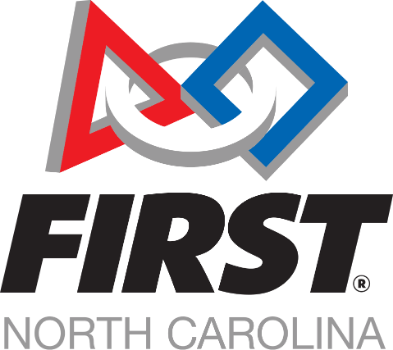Alumni Spotlight
David Gomez
What team were you a member of and for how many years were you on the team?
FRC 3196, Team SPORK, 4 years all through high school
Where do you currently work and what is your job description?
I work at Fitbit as an Electrical Engineer. I am responsible for helping to research, design, and manufacture the next generation of Fitbit products.
How long have you been working there?
Just over a year. However, I also did an internship there.
What is one highlight from your time on the team?
The greatest part of every year was the first time the robot started to drive around with all its systems on. At that point it was probably still overweight, and probably still only half worked, but everyone could see the fruits of their labor and start to feel that they were really doing something cool.
What are the top three skills you learned from your FIRSTexperience that have made an impact on your current job?
1. Initiative - The robot doesn't build itself and the mentors aren't going to build it for you. If you want that robot to move, you need to get up, do the math, and build. Being an engineer is the same way,
2. Solving an abstract problem - No one tells you how to design the robot in FIRST, you are simply given a challenge such as "make a robot that shoots balls into a hoop". The same thing happens in an engineering job. You might be told something like "make a fitness tracker that lasts 7 days on a charge, has a touch screen, and is waterproof". In fact in later life, it's even more abstract. There are no limits to what you can use to solve the problem, your kit of parts is whatever you can find on the entire planet! There is also often no rulebook, this might seem fun, but actually, it's hard. A lot of the FIRSTrules are designed to make sure your robots don't catch on fire or start disobeying the first law of robotics. In engineering out in the world its often YOU who has to write the "rulebook", which manifests itself as some kind of validation plan or safety tests.
3. Teamwork - Engineering problems are often difficult and can't be solved by one person alone. To succeed at engineering you must learn how to all come together, find everyone's strengths, split up tasks, help each other, and most important of all, have trust that you and your teammates will succeed.
How has FIRSTimpacted your life?
FIRSTreally cemented my love for electrical engineering. I think the lessons it taught me really put me ahead in college and set me on a great career path. Some of the concepts like "gracious professionalism" still stick with me today and shape my worldview.
What words of wisdom do you have for current FIRSTers?
Apply yourself! You only get as much out of an experience as you put in and there is A LOT to get out of an experience like FIRST. It's quite frankly a revolutionary program that is really a great first step into the world of engineering. Not to mention, today is a great time to be an engineer. As you go through engineering school, you will get exposed to and be amazed by all the fantastic things that people are up to. Technology is a powerful force for good in the world and we are on the brink of some amazing advancements in areas like autonomous vehicles, genetic engineering, artificial intelligence, and, of course, robotics that will change and improve life to an astounding degree.


0 Comments